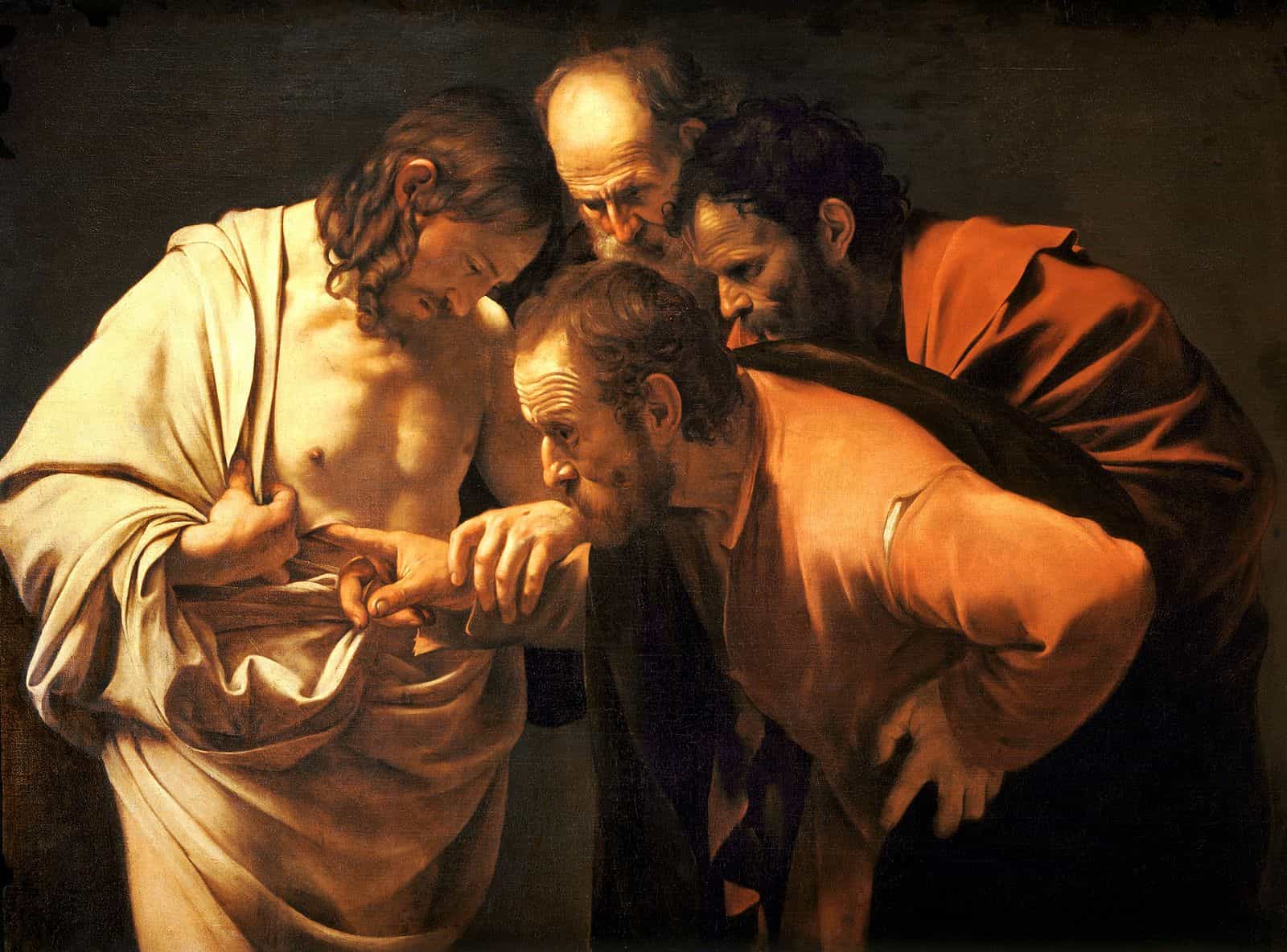How can we speak today of the resurrection of a human being that died (for instance because of some virus). And can we really celebrate the resurrection of the one person, Jesus, at Easter?
Shouldn’t we just deal with death as the irreversible end, and get on with living, even in times like this, and hope for the best? Did Jesus raise Lazarus from the dead? Did he himself come alive again, three days after being crucified?
Unquestionably, the downright disbelief we might have with respect to resurrection from death is no different than the one we find in the first reports of Jesus’ resurrection as expressed in the Gospels.
The story of (Doubting) Thomas is usually referred to so that we can admire the other apostles in comparison, believing without any proof. Really?
Thomas’ refusal to accept the disciples’ claim of meeting the resurrected Jesus in his absence (John 20) is wholly understandable and is highly commendable. I would do exactly the same. (Too much of a sceptic really.)
Thomas did the right thing. He would be convinced of the reality of Jesus presence in this world after his death only when he was presented with the essential evidence: meeting Jesus in ‘the flesh’. Nothing less would do.
‘Unless I see the nail marks in his hands and put my finger where the nails were, and put my hand into his side, I will not believe it’, expresses the continuity of Jesus Thomas sees as essential for the validity of the resurrection claim.
When “The Word became flesh and dwelt among us” (John 1: 14) matter itself is affirmed as the adequate vehicle for the ultimate revelation of God to us humans.
That’s why saving a life here and now by caregivers in hospitals, nursing homes and so many other places is so worthwhile doing!
In the end, Easter centres on the notion whether Jesus is nothing other than a lingering utopian vapour trail we can safely ignore, or whether he concretely imposes His living presence in the world we live in today.
Exactly at this juncture the New Testament is a brutal destroyer of human illusions. We will never create a faultless world in which injustice and death are subjugated by our efforts. No need to explain that.
As Terry Eagleton so ruthlessly observes in his 2009 Reason, Faith, and Revolution - Reflections on the God Debate:
“The stark signifier of the human condition is one who spoke up for love and justice and was done to death for his pains. The traumatic truth of human history is a mutilated body.”
At Easter, God’s infinite world suffuses our limited surroundings through the resurrection of Jesus, and thereby changes it in every single way. A God willing to live and die amongst his own people is a God worthy of praise.
Have a blessed Easter.
